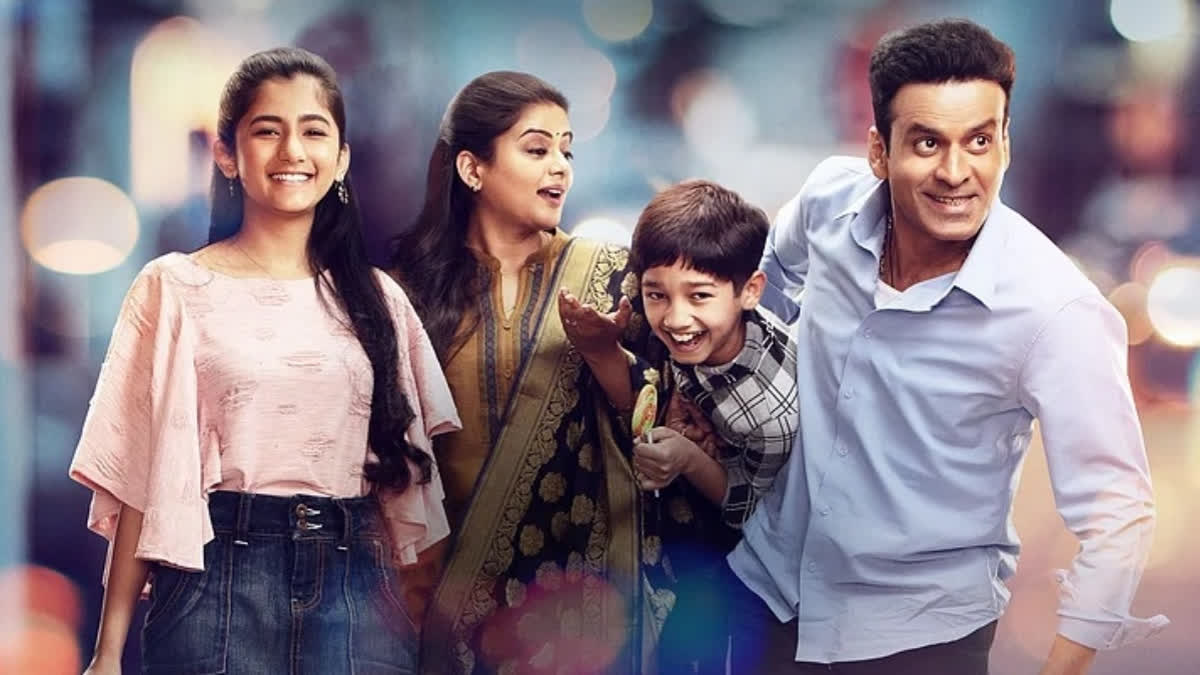On most mornings, 42-year-old Rahul Bhargava begins his day with a never-ending to-do list. Juggling between his full-time job at a corporate firm in Gurugram, ensuring his ageing parents have their medications, and helping his teenage daughter finish her homework and prepare for exams, he barely finds a moment for himself. Financially, things are even more overwhelming: his father’s recent medical expenses have exhausted the family's savings, his daughter's school and tuition fees are increasing annually, and with little left for his retirement years, he often wonders, "What about myfuture?"
Welcome to India's growing Sandwich Generation: adults in their late 30s to early 50swho are simultaneously supporting their ageing parents and raising children while struggling to secure their own financial future. With rising healthcare costs, educational expenses, and inflation eating into salaries, at least 60% of this generation feel unprepared and financially stretched thin. A prime depiction of this generation on the screen was seen in the OTT show, Family Man. Actor Manoj Bajpayee plays Srikant Tiwari, a middle-class man who secretly works for a special cell of the National Investigation Agency and is torn between the demands of his wife, teenage children and senior parents.
The recent Edelweiss Life Study notes that India's Sandwich Generation feels unprepared for its future. The study shows that 60% of respondents agree that no matter how much they save or invest, it's never enoughfor the future.
"The Sandwich Generation is living in a continuous loop of caring for their parents as well as children. They want to enable the essentials like healthcare and education while providing an aspirational life where ‘needs’ don’t come at the cost of ‘wants.’ This is driving their financial decision-making. In the process, they often end up relegating their own dreams to the background, leaving them feeling like they are unprepared for the future," says Sumit Rai, MD and CEO, Edelweiss Life.
With their duty and love for family driving financial decisions, our study indicates financial misalignment or money dysmorphia within this generation (simply put, money dysmorphia is feeling unhappy about one’s financial situation).Over 50% agree with varying statements including worrying about running out of money, always feeling behind and that they are not doing well.
Burden of Dual Responsibilities
The term 'sandwich generation' was first coined to describe those caught between caring for both, their elderly parents and their dependent children. In India, where familial responsibilities run deep, this group faces even more challenges. Unlike the West, where social security pension schemes provide some financial relief, most Indians rely on personal savings to fund not only their parents' medical expenses but also their children's education. One major health crisis in the family, and the savings go back to almost from where it started.
"My mother was diagnosed with leukemia in 2019 and it took away my entire savings. I took a loan on my home and I am still paying it off. She has huge medical expenses as part of her regular post-recovery cancer checkups. I have a four-year-old son, whose education costs me so much that I am left with little monthly savings," says Bhavna Sharma, who is a single mother and works in a corporate firm.
According to a recent survey by a financial consultancy firm, nearly 65% of working professionals in their 40s feel they are not saving enoughfor their retirement. Many are withdrawing from their savings or taking loans to meet their expenses. "Making my future financially stable is uncertain for me. I have already withdrawn money from my provident funds twice. My savings are exhausted. I have two daughters and both are in a very basic school which doesn't have comparatively high fees, but it's still not enough; my parents are growing old, so some or the other medical condition keeps popping up," says Sarvesh Vyas, a state government employee.
Atool Sinha says that proper financial planning helped him avoid a financial crisis. "My parents are my responsibility, and my child needs me, so I had to plan my life accordingly. I knew I could provide a good education to one child, so I decided not to have another. I secured my family with medical policies to cover health expenses. Initially, I struggled, but I was vigilant about my spending," says Sinha. While it is easier said than done, many of us struggle to plan our finances like Sinha and face the stress of managing everything on a single income.
Mental And Emotional Toll
